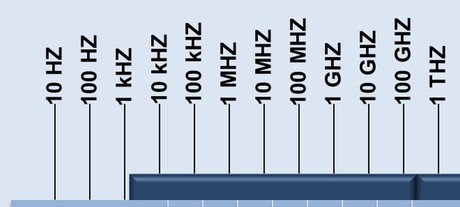Rethink urged on US 3.5 GHz licence areas

In a joint submission to the US Federal Communications Commission (FCC), two industry associations have proposed a way of simplifying the coming 3.5 GHz auction.
The Competitive Carriers Association (CCA) and the CTIA (a wireless trade association) have proposed a compromise scheme for determining Priority Access License (PAL) geographic licence areas for the Citizens Broadband Radio Service (CBRS) band.
The two groups have urged the FCC “promptly move 3.5 GHz spectrum into the marketplace in a manner that promotes investment and innovation from a variety of stakeholders”.
Their proposal suggests that the FCC should license PALs using Metropolitan Statistical Areas (MSAs) in the top 306 Cellular Market Areas (CMAs) and use county-based geographic area licences in the remaining 428 CMAs.
The CCA and CTIA say this would pave the way for “swift action while balancing the needs of the wide range of stakeholders that are expected to participate in the 3.5 GHz auction” and would provide an “opportunity for parties to acquire PAL spectrum in areas that best fit their business models and investment plans”.
According to the two associations, the compromise proposal would reduce the more than 74,000 licence areas and more than 500,000 licences to roughly 2700 licence areas and 19,000 total licences.
In addition, this proposal, if adopted, would:
- promote investment across markets, and
- largely eliminate the border interference issues posed by census tract licensing in urban areas.
They cite the examples of Washington, DC, which has 179 census tracts, and New York City, which has more than 2100 census tracts.
The CCA and CTIA say that to extend service to the border areas of census tracts, “licensees would be required to severely limit power levels and substantially increase network infrastructure and deployment costs”.
Please follow us and share on Twitter and Facebook. You can also subscribe for FREE to our weekly newsletter and bimonthly magazine.
Govt funds mobile coverage boost for regional Vic, NSW
The Australian Government is improving mobile coverage on our regional roads and highways with...
Optus fined $12m for Triple Zero outage
The ACMA found Optus failed to provide access to the emergency call service for 2145 people...
Cognitive monitoring network service to improve mine safety
The cognitive monitoring network service enables performance, reliability and safety enhancements...





